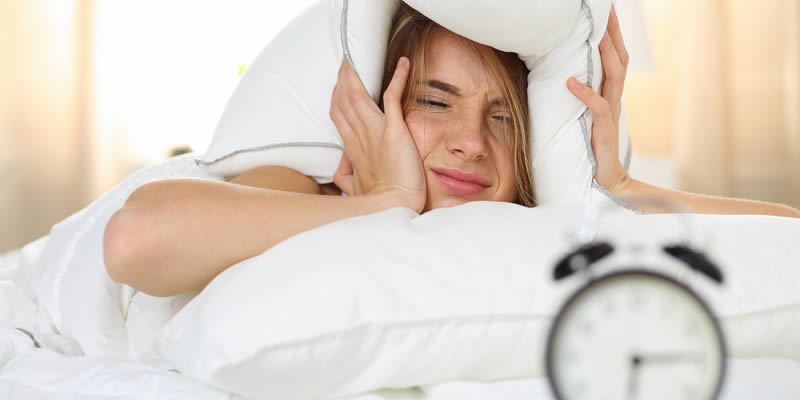Older people are more likely to face greater cognitive decline if they receive too little or too much sleep, new study reveals.
Sufficient sleep is vital for wellbeing. The new study shows that the cognitive function of people who sleep for a shorter or longer period of time greatly decreased when compared to those who slept a moderate amount.
Cognitive decline can be linked to both poor sleep and Alzheimer’s disease, so the researchers at Washington University School of Medicine in St. Louis took this into account and differentiated the way both factors affected cognitive function.
- Sleep throughout the ages: changes in your needs for sleep
- Sleep deprived first-time mums at risk of ‘knocking years off their life’, evidence reveals
Researchers tracked the cognitive function of older adults across a number of years and compared the data against the amount of Alzheimer’s related proteins, and the participants brain activity when sleeping, to reveal the link between Alzheimer’s and cognitive decline. The study assists efforts to help avoid cognitive decline as people age.
First author of the study Brendan Lucey, MD, an associate professor of neurology and director of the Washington University Sleep Medicine Center said: “It’s been challenging to determine how sleep and different stages of Alzheimer’s disease are related, but that’s what you need to know to start designing interventions.
“Our study suggests that there is a middle range, or ‘sweet spot,’ for total sleep time where cognitive performance was stable over time.”
She continued: “Short and long sleep times were associated with worse cognitive performance, perhaps due to insufficient sleep or poor sleep quality.
“An unanswered question is if we can intervene to improve sleep, such as increasing sleep time for short sleepers by an hour or so, would that have a positive effect on their cognitive performance, so they no longer decline?
She added: “We need more longitudinal data to answer this question.”
The primary cause of cognitive decline in older people is Alzheimer’s disease which accounts for around 70 per cent of dementia cases. The disease can cause poor sleep, which in turn contributes to the disease developing quicker.
Previous studies have linked too little and too much sleep to poorer performance on cognitive tests, however, they did not take into account the effects of Alzheimer’s disease.
The researchers examined 100 participants with an average age of 75 for an average of four and a half years. The participants would partake in yearly cognitive assessments, give blood samples to test APOE4 (high-risk Alzheimer’s genetic variant), give cerebrospinal fluid samples to determine levels of Alzheimer’s proteins, and wear an electroencephalogram (EEG) monitor on their foreheads for up to six nights to measure their brain activity whilst sleeping.
The study found that one of the participants had minor cognitive impairment, 11 were even less cognitively impaired, and the other 88 participants had no cognitive impairments.
These results demonstrated that cognitive scores declined for people who had less than four and a half hours sleep and for those who had more than six and a half hours sleep. Yet, scores stayed constant for those in the middle of these ranges.
EEG devices were found to approximate sleep times around an hour shorter than self-reported sleep times, so the results correspond more accurately to five and a half hours and seven and a half hours.
Results also related to the different sleep phases (such as REM, dreaming, non-REM), which continued after adjusting for influences that can affect sleep and cognition (such as sex, Alzheimer’s proteins and APOE4).
Co-senior author David Holtzman, MD, a professor of neurology, explained: “It was particularly interesting to see that not only those with short amounts of sleep but also those with long amounts of sleep had more cognitive decline.
“It suggests that sleep quality may be key, as opposed to simply total sleep.”
According to Dr Lucey, people who feel well-rested after sleeping for a length of time in the short and long ranges should not change their sleep habits just because they feel like they must, but the study can help people who struggle with sleep issues.
The study was published in the journal Brain.




